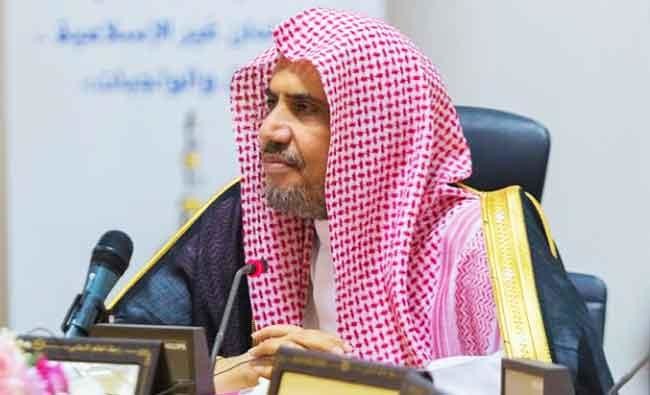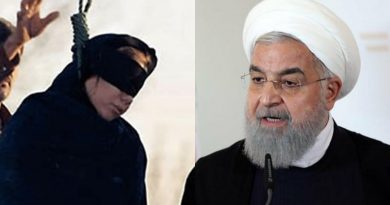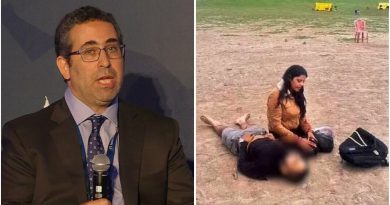“Muslims in a non-Muslim Country should Vote”, says Makkah-based Islamic Fiqh Council
It is permissible for a Muslim who enjoys the rights of citizenship in a non-Muslim country to take part in elections and the like because it is more likely that his participation will bring benefits such as presenting a true picture of Islam, defending Muslim issues in that country.
The issue of voting, elections and democracy has always been under debate in the Muslim community, with one side quoting scholars discouraging Muslims to take part in elections as it involves, mud-slinging, abusing, slandering and manifestation of evil human behaviors.
However, the other side calls it obligatory where Muslims live under non-Muslim governments and their legislative policies, and their representation in the parliaments matter a lot.
Bamboozled and foolish Individuals in the past and present have confused the Muslim community with – “Voting is Haraam” – notion. The notion was refuted by the subject matter experts at ‘The Islamic Fiqh Council’ of Makkah–Saudi Arabia in its 19th Session held in its headquarters of the Muslim World League between 22 and 27 Shawwaal 1428 AH that is 3rd to 8th November 2007.
The issue of elections was pushed under the subject of Ijtihaad – individual mental reasoning by Islamic Jurists – where they weighed up the interests and benefits what the Muslims may attain from their participation in elections and the harm that may result from it.
They felt, that if the benefits outweigh the harms, then it is permissible to take part, but if the harms outweigh the benefits, then it is not permissible to take part.
The ruling differs depending on the country, the system of voting and the people involved. Taking part may be beneficial to the Muslims in one country, and not in another. The same applies to individuals.
The Council finally came up with the following recommendation:
Muslim participation in elections with non-Muslims in a non-Muslim country is one of the shar’i political matters in which the ruling is determined in the light of weighing up the pros and cons, and fatwas concerning it differ according to time, place and circumstances.
It is permissible for a Muslim who enjoys the rights of citizenship in a non-Muslim country to take part in elections and the like because it is more likely that his participation will bring benefits such as presenting a true picture of Islam, defending Muslim issues in that country, supporting the rights of religious and other minorities, strengthening their role in circles of influence, and cooperating with reasonable, fair-minded people on a basis of truth and justice. That should be in accordance with the following guidelines:
The Muslim participants should intend thereby to serve the interests of the Muslims and ward off evil and harm from them.
The Muslim participants should think it most likely that their participation will have positive effects that will benefit the Muslims in that country, such as supporting their position, conveying their requests to the decision makers and those who are in charge of the country, and protecting their religious and worldly interests.
The Muslim’s participation in these elections should not lead to him neglecting his religious duties.
Based on the above research extensively made after days of discussions, dialogues, and profound study – the conclusion is – it is obligatory for Muslims to participate in elections to elect their representatives who voice their concerns and issues in order to protect the rights of Muslims in the non-Muslim societies.



